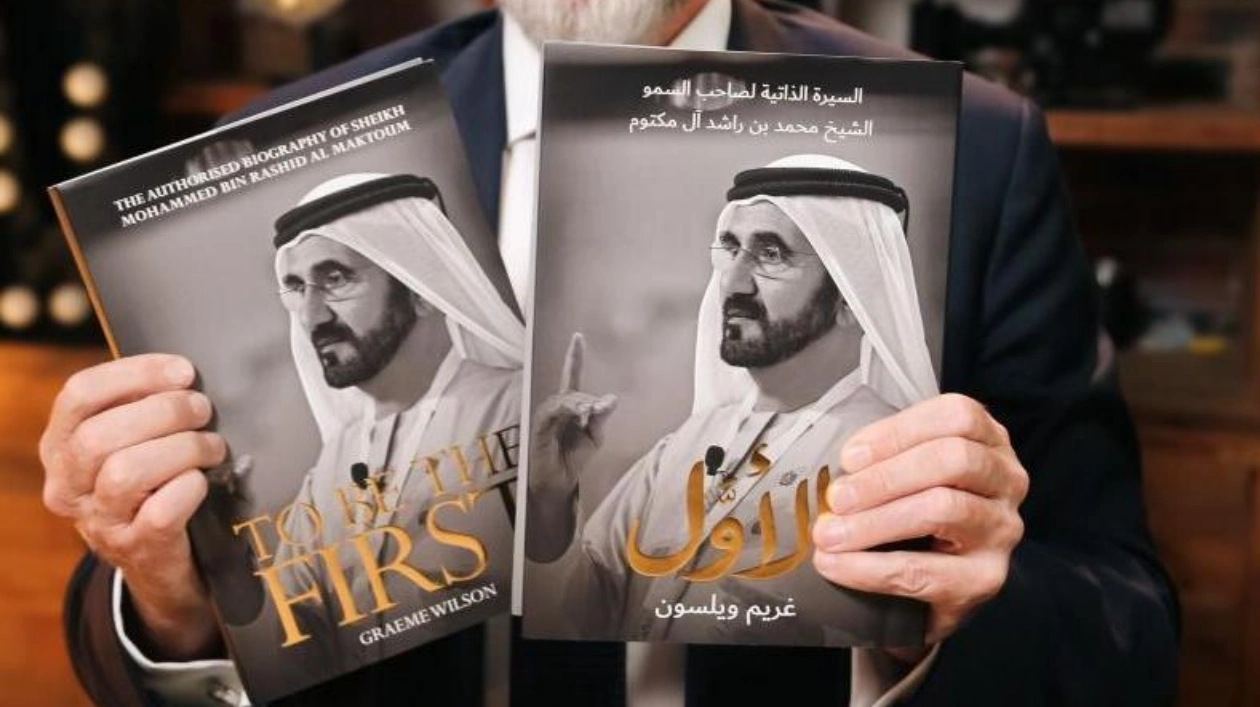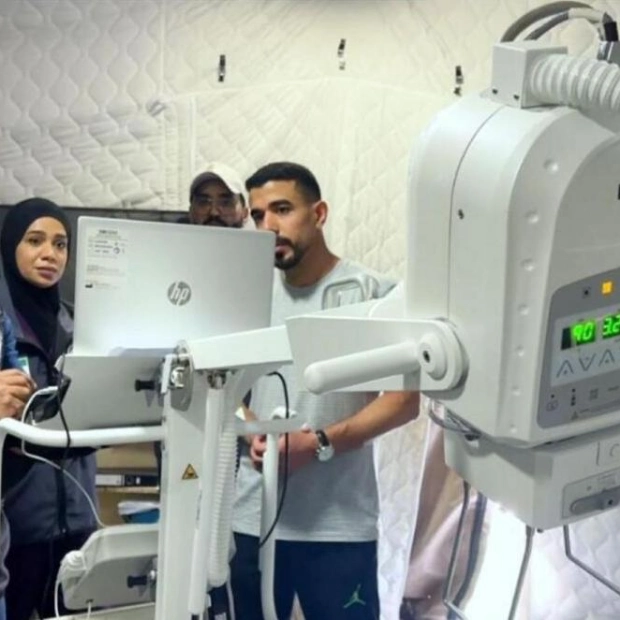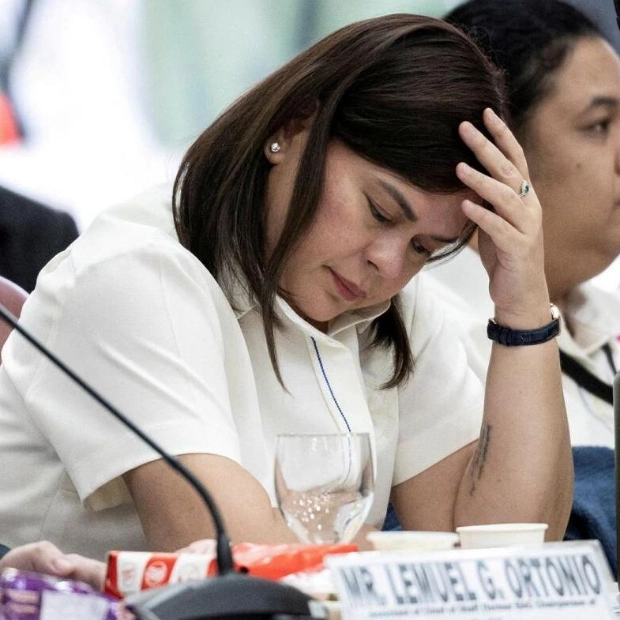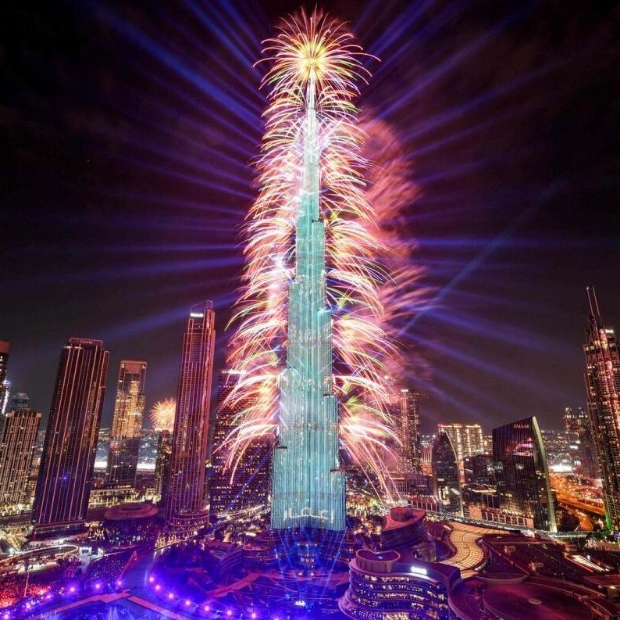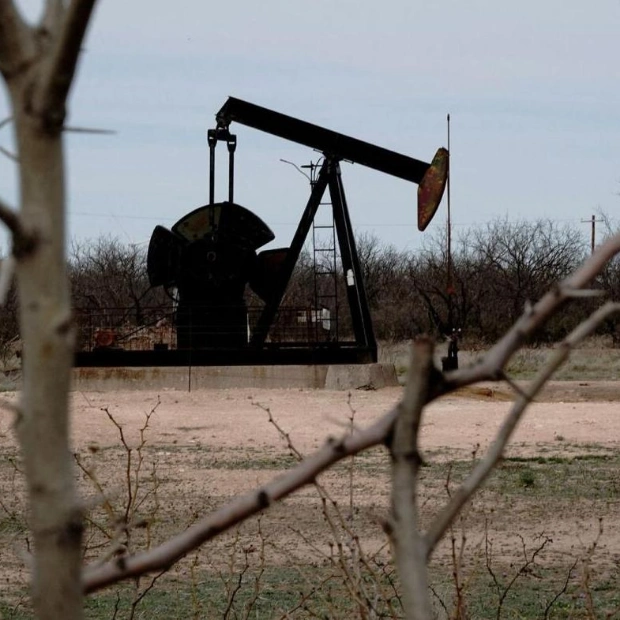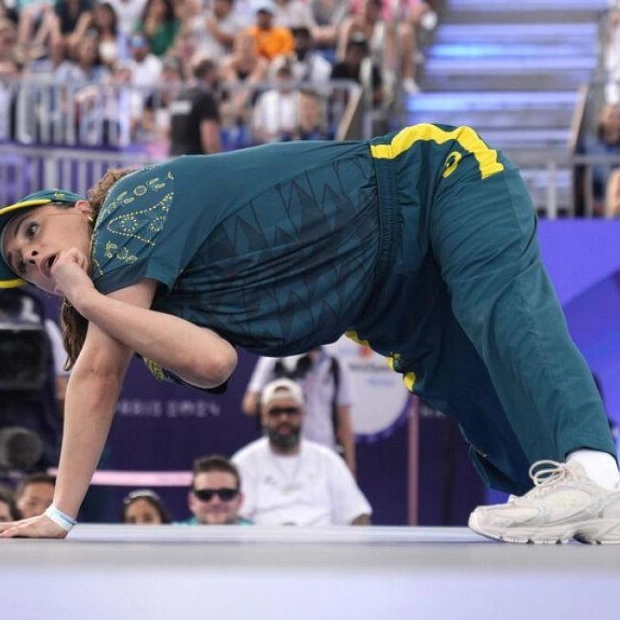Whether you've traveled the globe or not, living in Dubai means the world often comes to you. This modern metropolis, steeped in history yet forward-looking, is a testament to visionary leadership—led by Sheikh Mohammed bin Rashid Al Maktoum, Ruler of Dubai, and Vice President and Prime Minister of the UAE. Dubai's transformation into a global hub mirrors Sheikh Mohammed's own journey as a leader, a narrative captured by Graeme Wilson in his book, 'To Be The First,' set to launch at the Emirates Airline Festival of Literature next year. From orchestrating relief efforts during Cyclone Bhola to managing a hijacking crisis at just 23, Sheikh Mohammed's life is both inspiring and captivating. Before the book launch, we chat with Wilson, who has penned authorized biographies of UAE's Founding Father Sheikh Zayed bin Sultan Al Nahyan, Sheikh Khalifa bin Zayed Al Nahyan, and Sheikh Rashid bin Saeed Al Maktoum, among other world leaders.
Edited excerpts from the interview:
Tell us about your early years. What was your childhood like? I grew up in a typical middle-class family in northern England. I initially aspired to be a professional speedway rider, but a lack of talent and balance on a motorcycle steered me towards words. My mother owned a bookshop, where I developed a passion for reading, especially biographies of political figures. By 13, I was freelancing for local newspapers, and by 15, I was writing for national papers like The Daily Mail and The Racing Post.
When did you first feel drawn to writing biographies? While I enjoyed the immediacy of newspaper writing, books offered a deeper, more fulfilling challenge. It was Richard Holmes' 'Footsteps' in 1987 that ignited my love for biographies. Holmes' profiles of 19th-century literary heroes like Robert Louis Stevenson and Mary Wollstonecraft inspired me to pursue this genre.
What are your first memories of the UAE? I arrived in Dubai on holiday in 1990 and decided to stay. The city's dynamic atmosphere and my job at Khaleej Times kept me here. I fondly recall the single-lane road between Dubai and Abu Dhabi and the social spots like The Lodge and Dubai Country Club. My attempts to learn Arabic were futile, but my work at Khaleej Times allowed me to explore the country, including meeting the Founding Father Sheikh Zayed bin Sultan Al Nahyan and Sheikh Mohammed.
How challenging is it to write biographies of public figures with so much information already available? It's challenging but rewarding. I've written and ghostwritten biographies for over a dozen world leaders, always striving to uncover new information through extensive interviews and archive visits. For instance, I found a 1965 memo by former British Prime Minister Harold Wilson mentioning Sheikh Rashid's support for cancer research, leading to a deeper exploration of his contributions.
What sparked your interest in writing about Sheikh Mohammed? I began seeking permission to write his biography in 1999 after publishing 'Father of Dubai.' His extraordinary character and the growth of Dubai and the UAE are intertwined. I've met him occasionally and delved into archives worldwide to gather information on him and Dubai.
What kind of interactions did you have with him for the book? I didn't interact directly with him but spoke with many who have known him, including family, friends, and world leaders. Their insights provided a comprehensive view of Sheikh Mohammed.
What's your favorite anecdote from the book? It's hard to choose, but the story of Sheikh Mohammed's swift response to Cyclone Bhola in 1970 stands out. His pioneering disaster relief efforts set a template for modern responses.
What surprised you most about Sheikh Mohammed? His grounded nature. Despite his achievements, he remains humble, as evidenced by stories of his time in Cambridge and his personal care for others.
How does Sheikh Mohammed's forward-looking leadership reflect in your research? The title 'To Be The First' encapsulates his ethos. His relentless pursuit of excellence and his belief that his people deserve the best define his leadership.
Did you focus on his statesmanship in the book? Yes, his role in nation-building is crucial. We explored new aspects of his leadership, including his mediation in the Philippines insurgency and his quiet philanthropy.
How does Dubai's journey reflect Sheikh Mohammed's evolution? Their stories are inseparable. Dubai's growth is a direct reflection of Sheikh Mohammed's visionary leadership.
How have your books helped debunk Western perceptions of the Middle East? I hope they have. My role is to present factual, historical accounts. The UAE's leaders, like Sheikh Mohammed, are far more substantive than many Western leaders, and my books aim to convey that.
Source link: https://www.khaleejtimes.com
